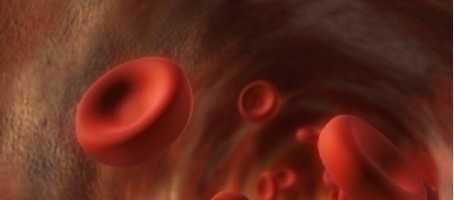Researchers from San Francisco and Seoul have shown that islet cell transplantation can be successful without requiring drugs being required to prevent the immune system killing the cells.
Islet cells are the cells that produce insulin and glucagon in the body. When live islet cells are transplanted into the body, it allows the recipient of the transplant, such as someone with type 1 diabetes, to produce insulin again.
Whilst islet cell transplants have turned around a number of lives of people that have suffered with extreme difficulty in controlling blood sugar levels, the downside of having an islet cell transplant has been that transplant recipients have needed to take a course of drugs to suppress the immune system from attacking the new cells. Currently, immunosuppressive drugs are required to be taken for life to preserve the pancreas from the immune system.
The new method, tested by researchers at the University of California, San Francisco and Korea University, Seoul, shows promise in taking away the necessity for taking immune suppressing drugs for life.
The research team investigated the new treatment in mice engineered to have type 1 diabetes. The method involved a two step process to quell the immune system. The first step involved taking cyclophosphamide, a medication used to treat cancers and autoimmune conditions. The drug works by killing a specific type of immune cell called effector T cells (also known as T helper cells).
The second stage involved the mice being given regulatory T cells, a form of immune cell which regulates how the immune system responds. In autoimmune disease, such as type 1 diabetes, people are deficient in certain types of regulatory T cells (also called Tregs).
The results of the study showed significant promise as over 70% of the mice were able to accept the islet cell transplants without requiring immunosuppressive medication, which would otherwise have needed to be taken for rest of their lives.
The next step for the researchers will be to see how the successful the treatment is in humans with type 1 diabetes. The first phase of a human trial has completed patient recruitment and a phase II trial is also being planned.
What's new on the forum? ⭐️
Get our free newsletters
Stay up to date with the latest news, research and breakthroughs.







